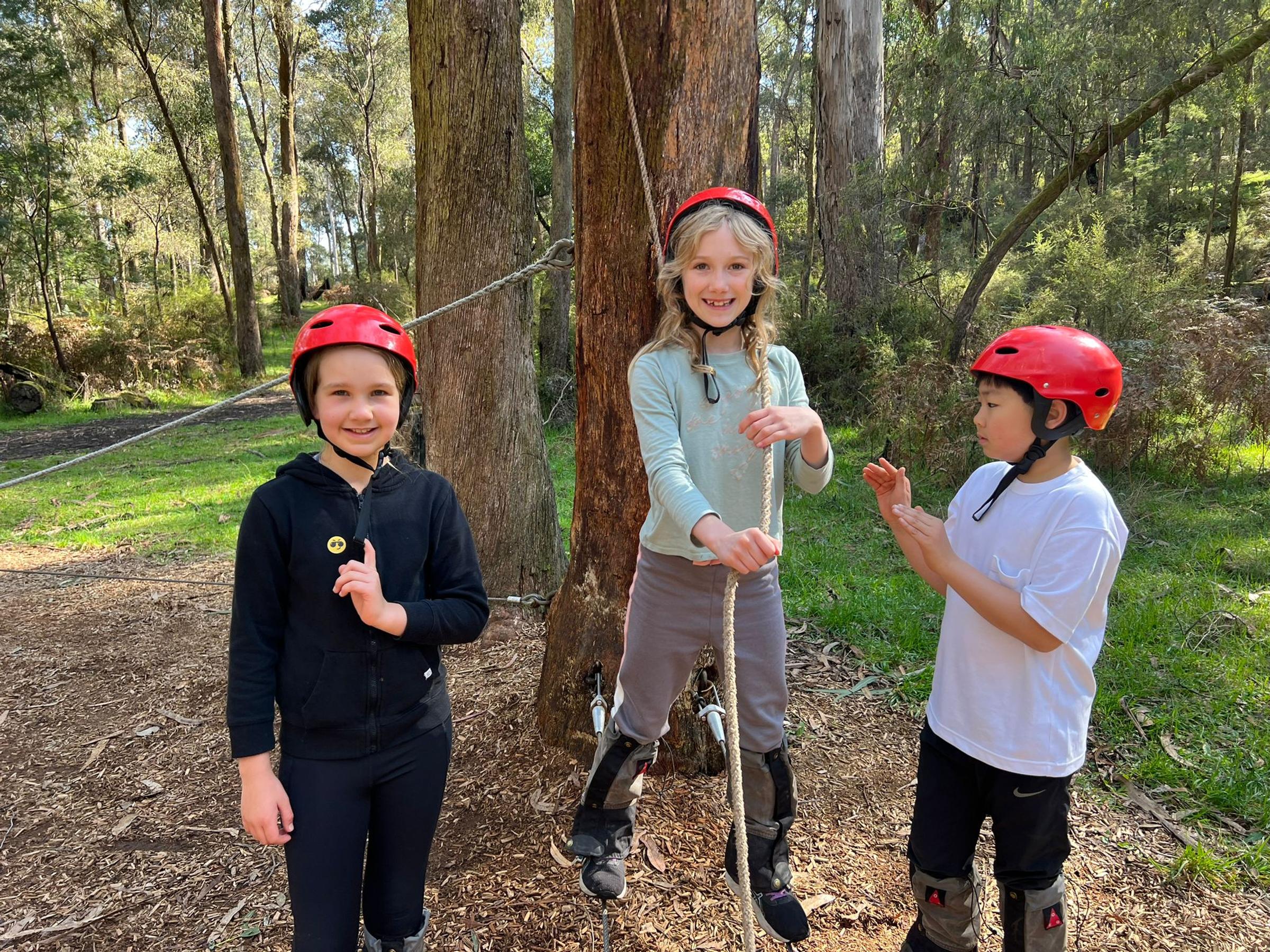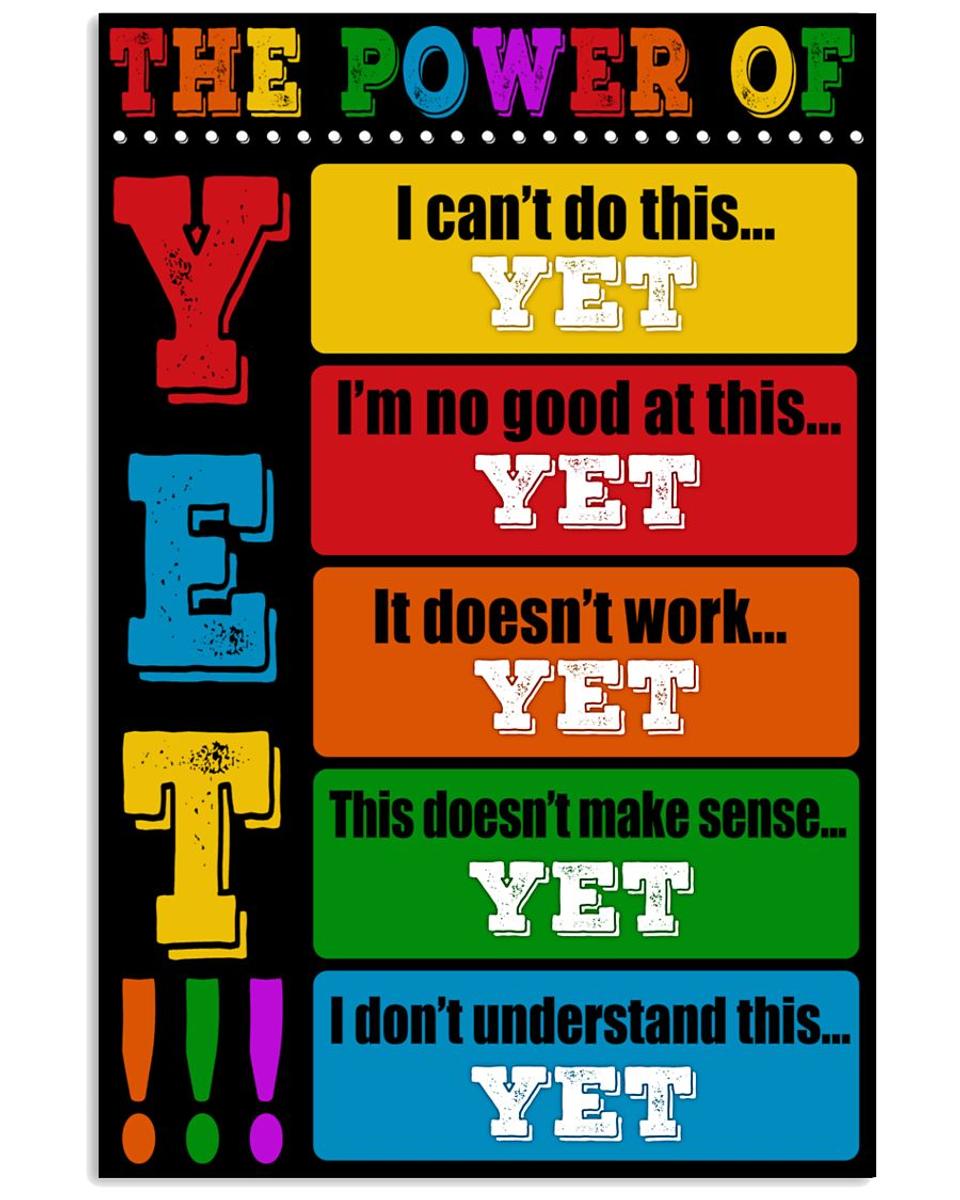From the Leadership Team

Lucas Collins, Head of Junior School
The Power of Yet
Yet. It’s a little word, but as a concept it packs a whole lot of punch in an educational context, particularly when we use it to drive a perspective shift from more defined, and often restrictive and finite, notions like ‘always’, ‘never’, ‘can’ and ‘can’t’.
One of the great challenges of the learning continuum is that it is not linear, nor is it always predictable based on defined developmental or chronological milestones. Some ideas and concepts come more easily to particular individuals than they do for others – this is not just the case for our students, but for all of us.
If we think of a time when we’ve tried to learn something new as an adult – perhaps a new language, or a musical instrument, or even to learn the layout of a new supermarket, invariably our progress is slower than we’d like it to be and is frequently bookmarked with more moments of frustration than jubilation.
Yet, as adults, we know that this often-slow progress is okay – in fact, it’s actually a normal feature of learning. While we all still endure our ‘all too hard’ moments, we’re more likely to embark on a new learning journey clear in the knowledge that it’s going to require our full commitment (and probably a considerable amount of time) for us to experience success. We also generally have a choice, or at least a clear motivation, underpinning our engagement in our learning.
For our students, who are yet to have as many opportunities to experience successful (and not so successful) learning experiences as the adults around them, and who often have less ‘choice’ over what they’re asked to learn, it’s quite unsurprising that, at times, they develop a ‘can’t’, ‘too hard’, or ‘never’ mindset towards more challenging concepts and situations.
This is where the beauty of ‘yet’ comes to the fore – as a re-shaper of perspectives, and a normaliser of expectations for our students. The phrase, ‘I don’t understand how to do that yet’, is very different and considerably more growth-focused, when compared to, ‘I can’t do that’.
By using the power of ‘yet’, as social psychologist Dr Heidi Grant asserts, “learning challenges are redefined as strengths that students haven’t developed yet.”
At Kilvington, our teaching and learning team adopt and encourage language and mindset shifts such as ‘yet’, to reframe the experience for our students when they are embarking on new or challenging learning.
As families, we can assist our children when they express to us that they ‘can’t’ do something, or that they’ll ‘never’ be good at it, by inserting the word ‘yet’, and supporting them to recognise what the next step in their personal learning journey might be.
Staff news
In 2024, we will be joined by Amber Tumino in the Visual Arts Department. Amber joins us from Balcombe Grammar to teach Visual Arts. We will also welcome Emma McLaren to teach PE and Health. Emma is no stranger to Kilvington, as she has coached several of our sports teams in recent years as well as attending camps.
In Junior School, Karina McCowan will join us as a new classroom teacher. She has been teaching with us this year after returning from teaching roles in the UK.
Also in the Junior School, Paul Steffanetti will enjoy a well-earned break for Long Service Leave in Semester 1. Ruby Spaargaren will join us from Caulfield South Primary School to replace Paul during his leave.
We wish Science teacher Antonia Sinclair all the best as she commences parental leave this week ahead of the arrival of her first baby.

